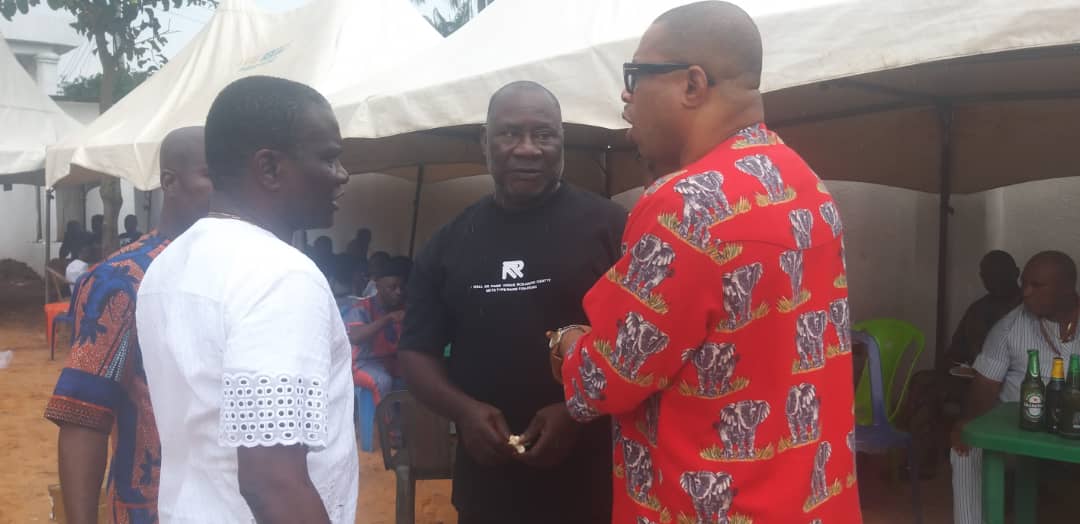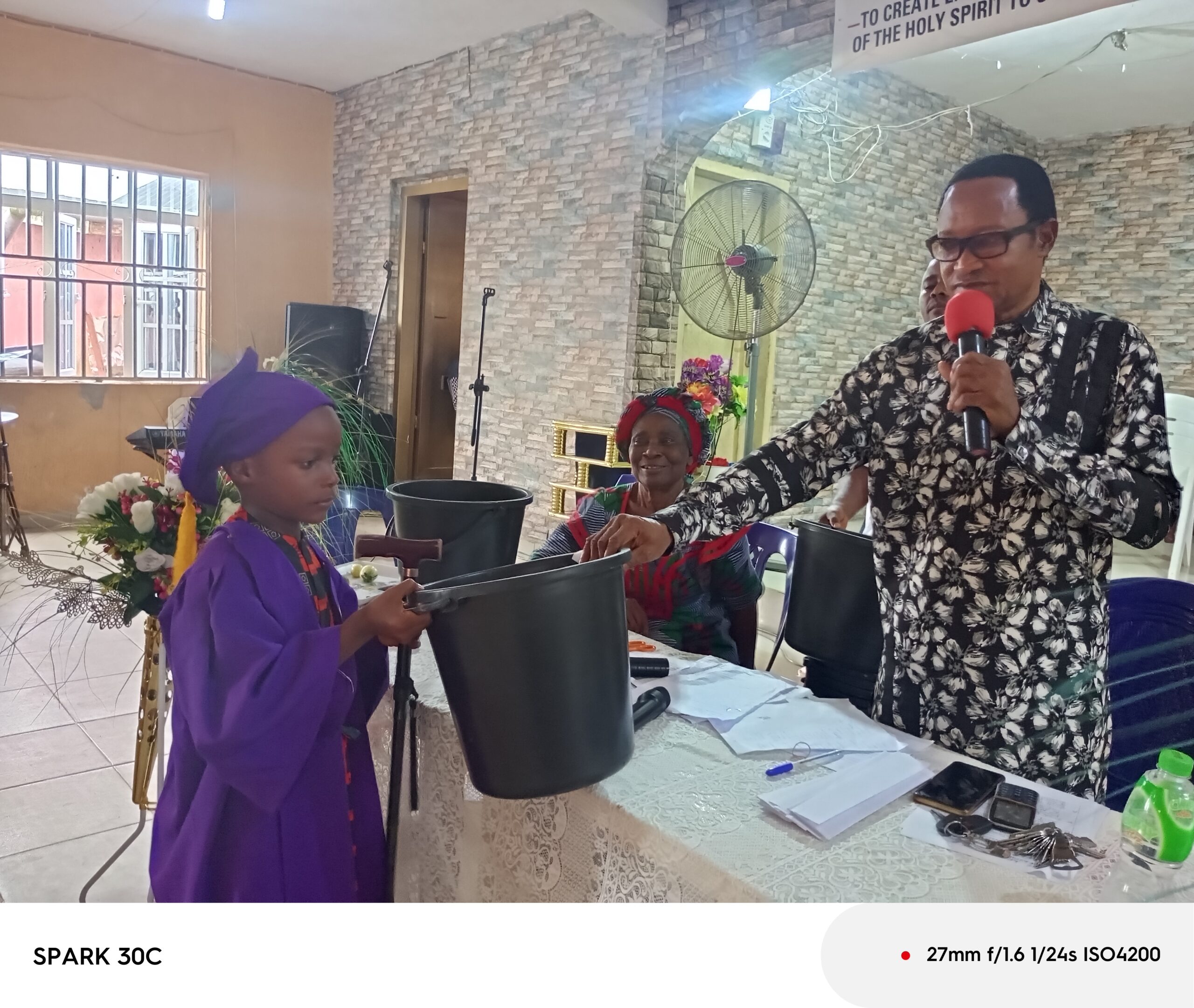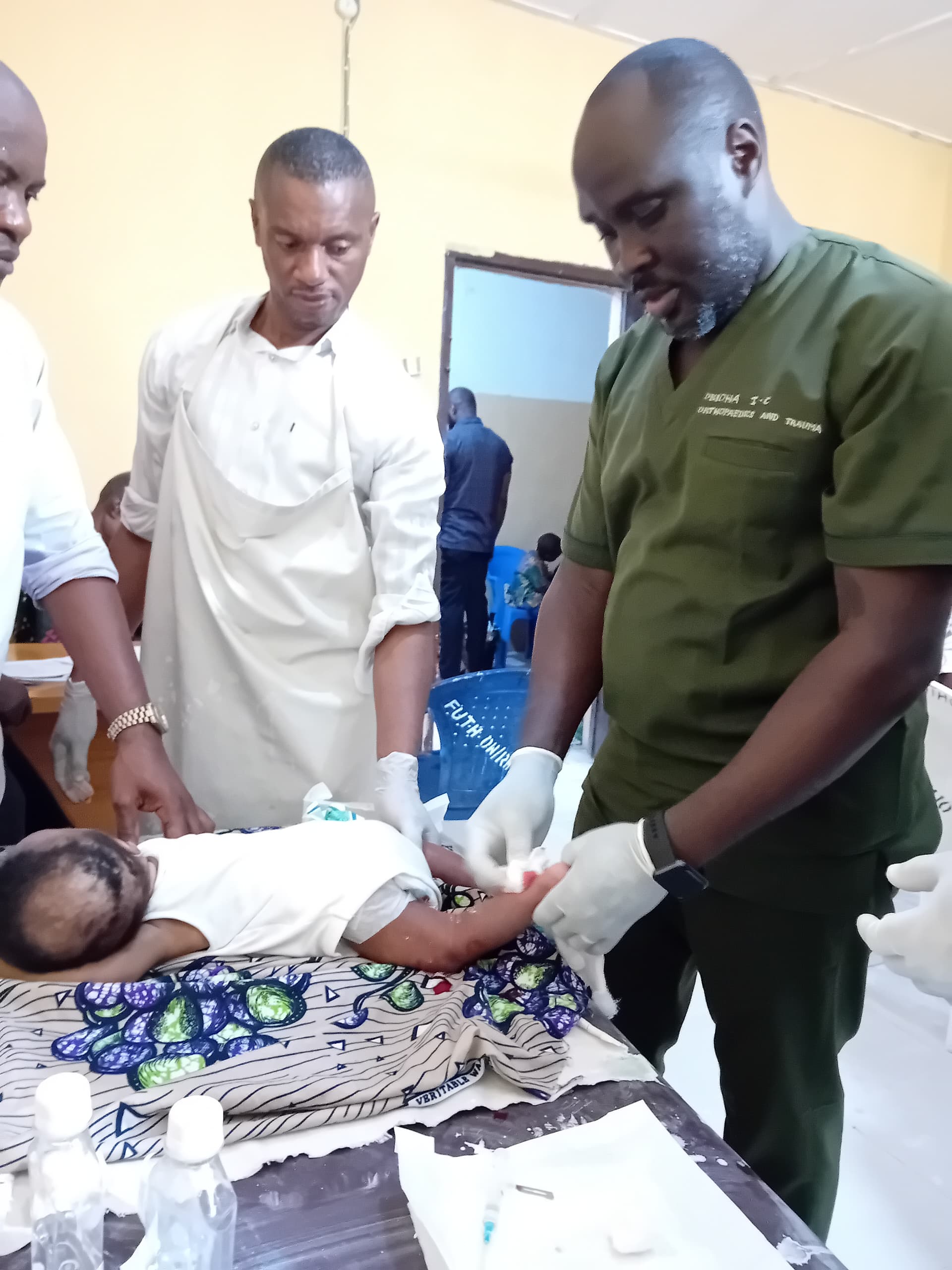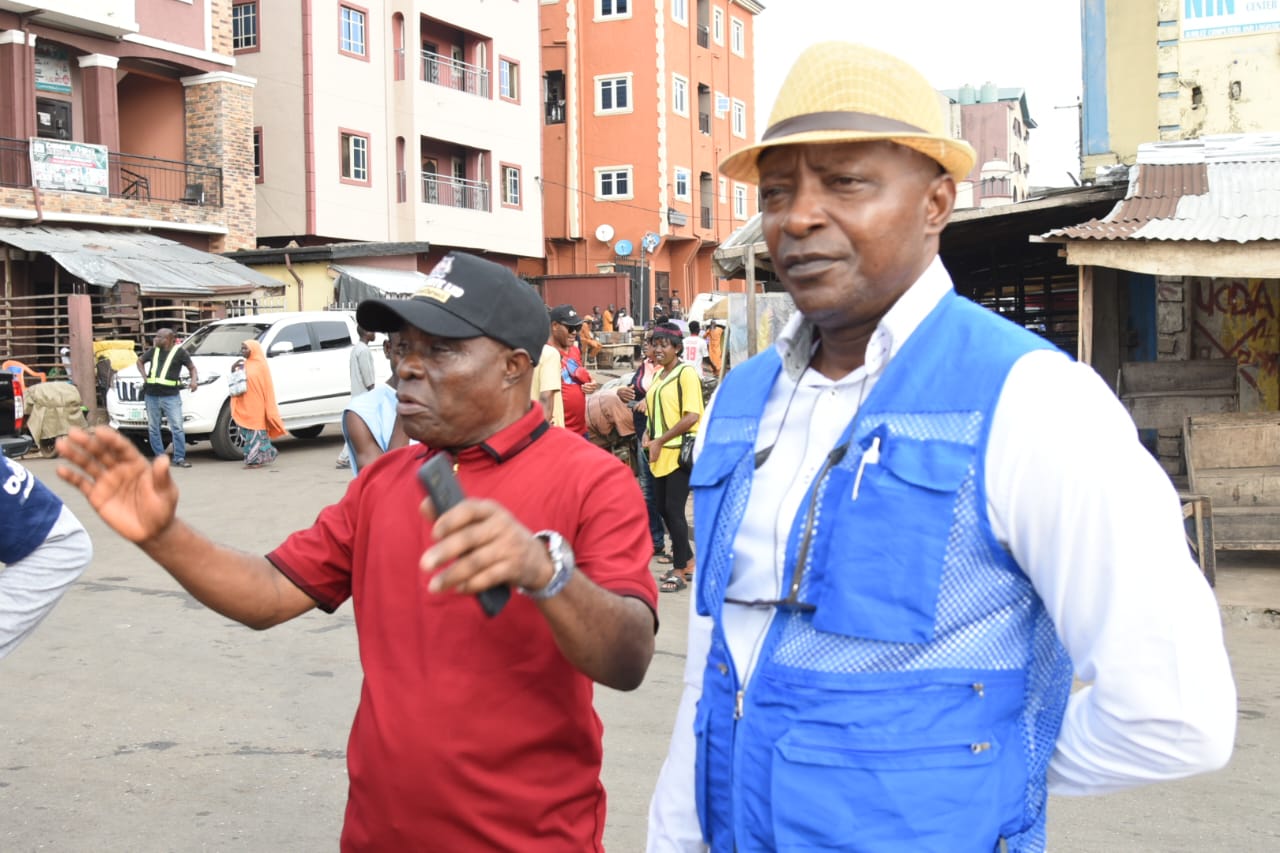
From TCNEWS
In a determined bid to reset the nation’s political direction and offer a credible alternative to the ruling party, the African Democratic Congress (ADC) and its coalition partners convened a landmark political summit in Umuahia, Abia State on Friday. The event, titled “Strengthening Alliances for a Better Nigeria,” gathered top political figures, civil society leaders, youth advocates, and reform-minded thinkers with a shared goal: to build a unified front ahead of the 2027 general elections.

Leading the charge was Don Norman Obinna, Chairman of ADC in Abia State, who announced that the party has officially been adopted as the platform for the coalition’s political resurgence. According to him, this move is not about political realignment alone, but a response to years of governance failure, economic mismanagement, and citizen disenfranchisement under the current administration.
“ADC is adopted as a coalition party to right the wrongs orchestrated by the APC. The unemployment rate is alarming, the naira is in a free fall, and the civil servants’ minimum wage is a national disgrace,” Don Norman declared. He emphasized the coalition’s mission as one that will “bring succour to the people, chase hunger out of Nigeria, and restore the country to a trajectory of prosperity.”

He called for the liberation of Abia and Nigeria at large, through visionary leadership founded on integrity, equity, and accountability. “Since 1999, my ideology in Abia has been to bring in men of integrity who can rebuild Nigeria with justice and fairness,” he added. “Good governance must be rooted in probity and transparency”, as he invited Governor Alex Otti and others who have good intentions and aspiring for elective positions to join the coalition or miss 2027.

Delivering a lecture, Professor Uzoma Emmanuel Afamefuna, Ph.D., a seasoned political scholar and reform advocate, emphasized the power of stakeholder engagement and civic participation in shaping Nigeria’s future. Quoting former U.S. President Barack Obama, Afamefuna said, “Nigeria has the resources, but our problem has always been leadership.”
He condemned the marginalization of the South East and called for rotational leadership, equitable representation, and issue-based campaigns. “We must not sell our votes for rice, wrappers, or fake promises,” he warned. “Only through citizen-led accountability can Nigeria chart a new course.”

Prof. Afamefuna praised the ADC for spearheading this coalition, noting that with coordinated political strategy and grassroots mobilization, the opposition can offer a viable alternative in 2027. “Let us rise beyond our divisions and work as one people. That’s the path to building a new Nigeria.”

Adding his voice, Rev. Blessed Amalambu, ADC’s 2023 House of Assembly candidate, urged the coalition to critically screen aspirants and guard against the infiltration of corrupt political elements.
“The party must prioritize loyalty and integrity over financial influence. We have seen what happens when unqualified individuals get in through the backdoor,” Amalambu said. He urged the national leadership of ADC to remain vigilant and ensure that only credible candidates emerge from the coalition’s primaries.

“With 2027 drawing closer, the ADC-led coalition appears poised to challenge the political status quo. Through this meeting, you can observe that leaders across the board emphasized that their movement is not a short-term project but a long-term mission to reclaim Nigeria from the grip of corruption, exclusion, and poverty.
“Also, as the political atmosphere continues to evolve, this gathering in Umuahia may well be remembered as a turning point, one where diverse voices united to ignite a movement for national transformation”, he said.
In a compelling lecture titled “Leadership Imperatives for a Successful Coalition and Merger Outcome”, Comrade Nelson Nnanna Nwafor, Executive Director of FENRAD Nigeria and a respected environmental and rights advocate, laid out a strategic framework for a sustainable coalition.

Using the metaphor of fractured forces failing to bring down a wall, Nwafor cautioned that mere opposition to the ruling party is insufficient. “If the answer to ‘why are we merging?’ is only to defeat APC, then the coalition is already weak,” he stated.
He proposed seven leadership imperatives critical to the coalition’s success: Shared Ideology, Integrity, Equity and Internal Democracy, Collective Messaging, Conflict Resolution Systems, Youth and Women Inclusion and Long-term Vision:

Nwafor passionately appealed: “Let us not merge for noise or to just wrestle power. Let us merge for nation-building, the restoration of hope, and a new belief system. That is the kind of coalition Nigeria needs.”





